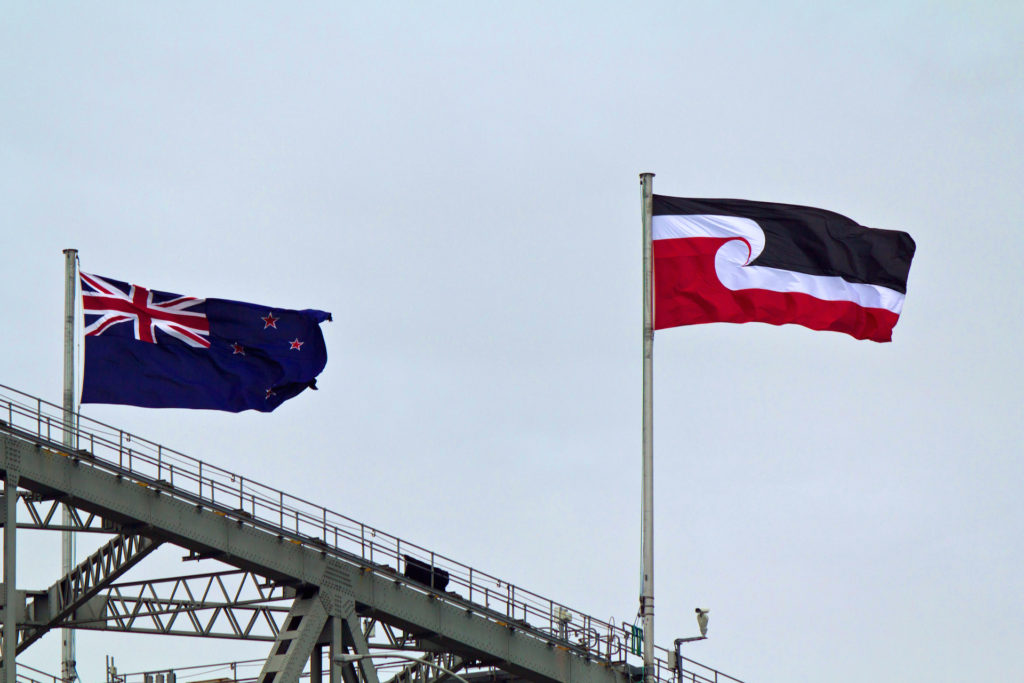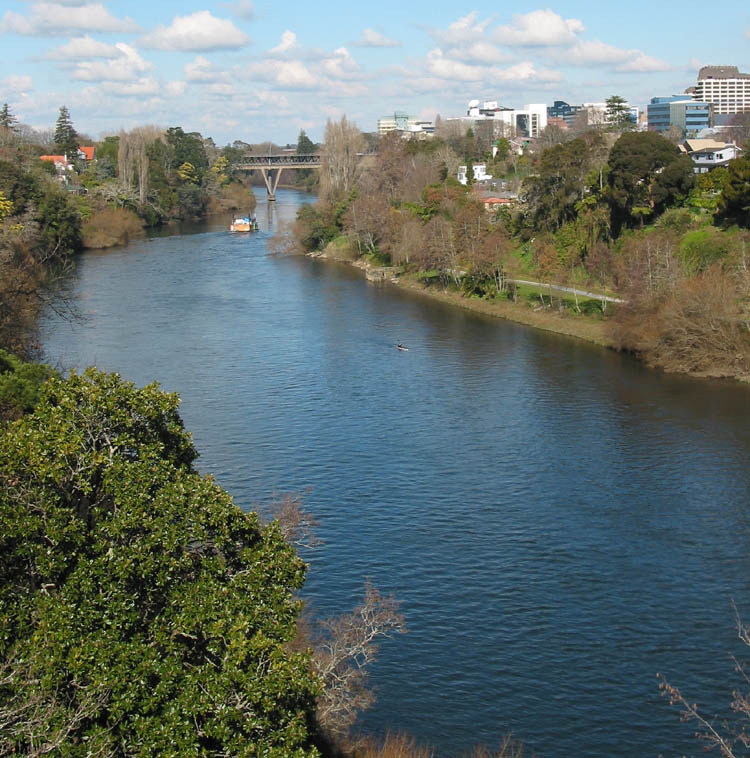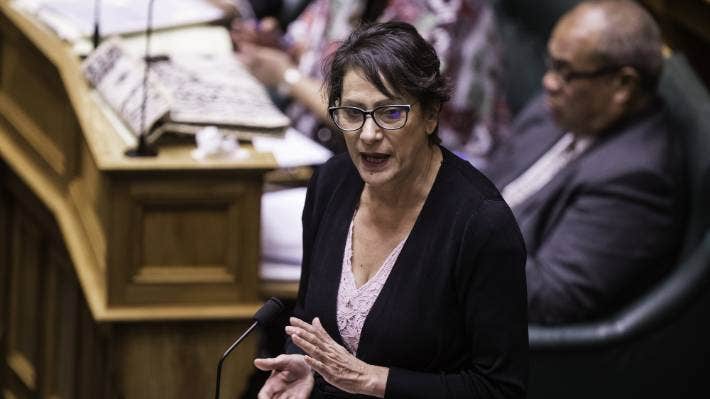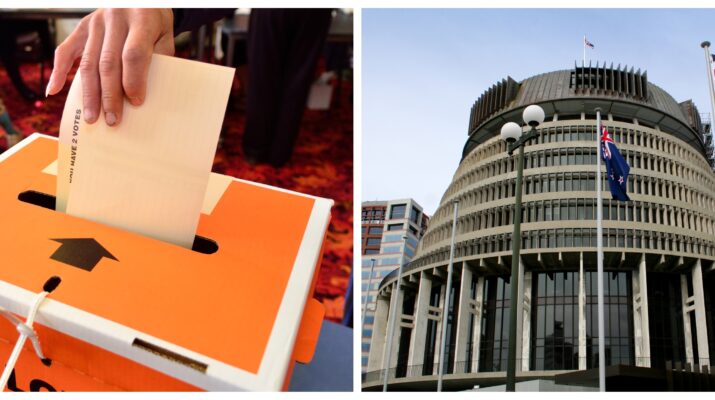In the aftermath of an election, political analysts and commentators release a port-mortem to dissect the ramifications of the vote and attempt to explain why people voted as they did.
In the context of the 2023 New Zealand general election, a post-mortem is especially appropriate given the bloodbath experienced by the Sixth Labour Government.

After six years, the New Zealand Labour Party was emphatically ousted from government. The results on election night could not have been more different to the landslide victory Labour attained at the 2020 election, securing an outright majority to govern alone.
That was the Labour government helmed by Jacinda Ardern, who gained worldwide acclaim for its handling of the Covid-19 pandemic and response to the Christchurch terrorist attacks. Three years later, however, this same Labour government would experiencing a hammering under its new leader, Chris Hipkins.
Political observers will proffer a multitude of reasons as to why the centre-left party met their fate, from Labour’s perceived pivot to the centre rather than standing firm on their left-leaning policies to the record amount of donations received by the opposition National and ACT parties. But there were two issues in particular which Labour found itself on the wrong side of: co-governance and law and order.

While the issue of Māori separatism is nothing new in New Zealand politics, it has mostly been a fringe issue during elections. However, the concept of iwi co-governance – or the sharing of decision-making powers between the Crown and Māori tribal appointees – became a hot-button issue this time around.
Co-governance itself is nothing new, in fact such a power-sharing scheme already exists in public entities like the Waikato River Authority and its management of the Waikato River. In the last three years however, Labour’s push to embed co-governance agreements in more areas of the public service was very noticeable.
One of the Labour government’s most unpopular undertakings, the Three Waters reforms, became politically toxic precisely because of its co-governance features. The prospect of corporate iwi representatives having a permanent say in the future entities in charge of managing our water gave fodder to the opposition to campaign against it.
Despite being obvious that Three Waters was a toxic agenda that was slowly poisoning the Labour Government’s popularity, the party persisted on pushing the reforms and – making matters worse – eventually reneged on their prior commitment to allow local councils to opt-in to the scheme and made compliance into the scheme mandatory instead.
Labour in the past three years also allowed local government bodies to introduce permanent Māori wards, creating a permanent seat on councils which only Māori candidates can contest. Outside the governance space, the Labour government also established the Māori Health Authority – a separate health entity catering specifically to Māori health needs – and introduced bi-lingual road signage which stoked the flames of racial separatism that the opposition parties capitalised on.
Whether they were being politically tone-deaf or took a principled stand on what they believed was the right course of action, Labour certainly went against the tide in their push for these separatist reforms that undoubtedly alienated middle-of-the-road voters.
Racial separatism isn’t the only area in which Labour’s ideological stand has alienated Kiwi voters, a large critique of the Labour government the past three years has been their response to crime.

Their approach became clear early on when Ardern appointed Poto Williams as Police Minister, a person whose background is in community welfare and family violence, clearly going for a more rehabilitative approach to offending instead of the run-of-the-mill “tough on crime” strategy.
Such an approach would bode well with Labour’s base, and the wider liberal left, but it is a concept foreign to the average Kiwi voter – people who became tired of hearing about rampant “ram raids” hitting small businesses and increasing gang membership numbers.
Angering the public more, the Labour government also refused to cut ties with organised gangs despite the crime-spree. Declining a proposal to cease all government contracts with gang-affiliated groups in September, while also inadvertently finding their own MPs attending gang meetings also.
(A National Party campaign ad focussing on law and order)
At the same time, the opposition campaigned heavily on tackling crime – promising to be “tough on crime” if elected into government. The National Party, for instance, pushed the message that Labour were “soft on crime” and promised to “restore law and order” – despite the last National government being responsible for the decline of police presence around New Zealand, particularly in the big cities.
Various political pundits may proffer alternative reasons to explain Labour’s fall from grace, but crime and co-governance became significant issues on their own to have costed the government the election. Competing explanations include the party’s decision to pivot back to the centre, under Chris Hipkins’ leadership, that demoralised their own base and put off progressive voters.
However, these progressive voters merely switched their votes to either the Greens or Te Pati Māori (TPM) – two smaller parties who would have formed a coalition with Labour anyway. Had the election been up to progressive voters to decide on, the left-bloc would still have enough votes to form a left-leaning coalition.
Instead, it was Labour’s stubbornness to abandon controversial reforms to cling on to their weakening voter base that eventually caused them to alienate middle-of-the-road voters who comprised a much larger section of society.
If the 2020 Election is remembered as the Covid Election, a referendum on the then leadership of Jacinda Ardern’s handling of the pandemic, then the 2023 Election is the Referendum on Co-Governance and Crime – because it is precisely because of those two policy planks that voters, in droves, abandoned Labour and voted for change.

